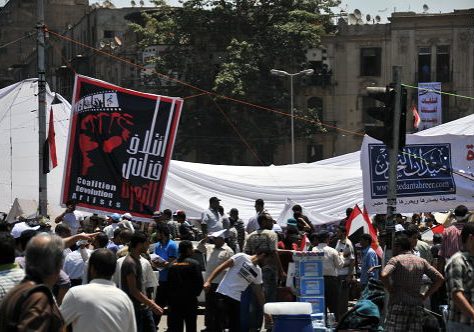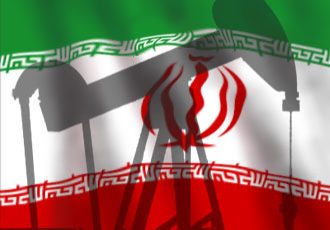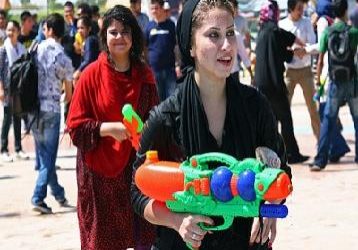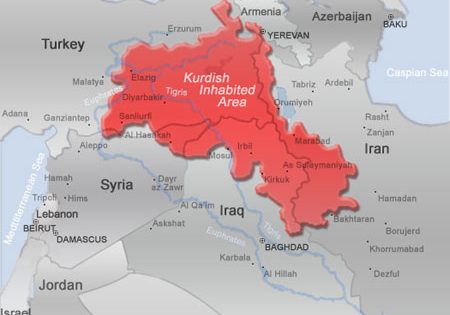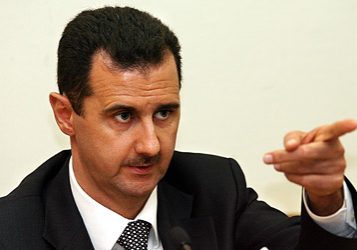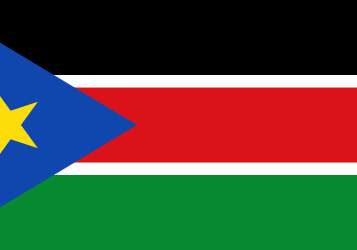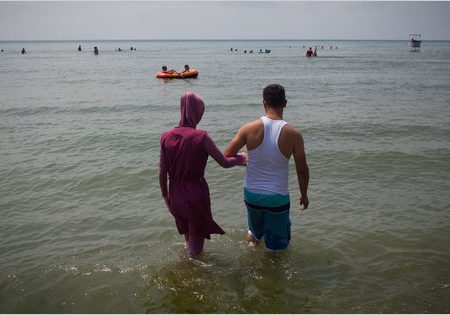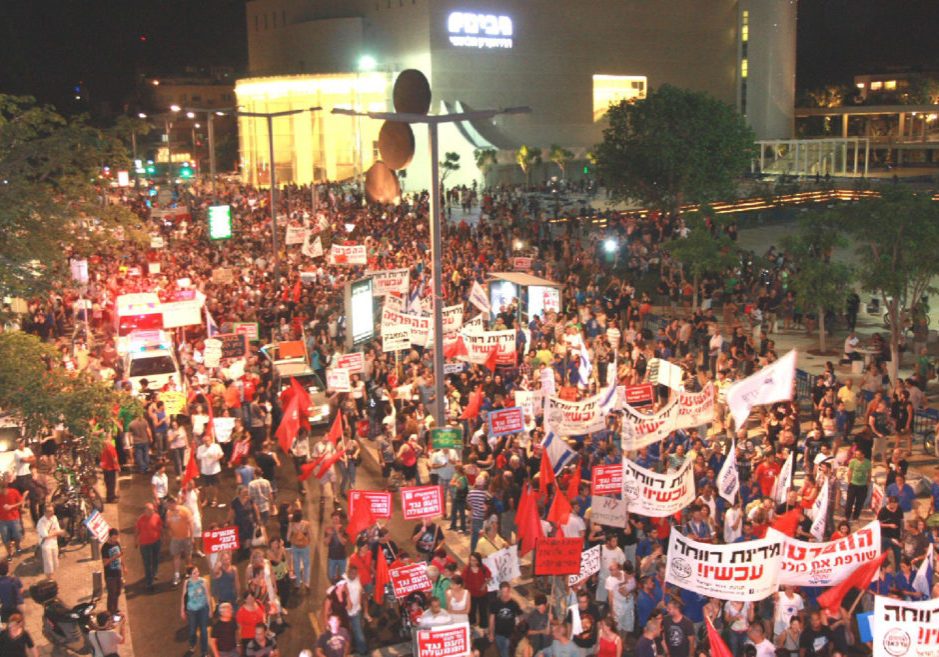
Israel’s “Tent Protest” Movement/ Inside the Egyptian Revolution
August 5, 2011
This Update features material explaining the Tent protest movement which continues to dominant the news inside Israel. It also offers an inside view from Cairo on the precarious state of the Egyptian revolution.
We lead with a useful BICOM (Britain-Israel Communications and Research Centre) backgrounder on the tent protests. It offers some detailed explanation of the make-up and goals of the movement – which began over housing but has now increased its demands to incorporate many other social issues – as well as its implications for the Netanyahu Government. It explains that the timing of the movement, which follows on from some previous public campaigns, but is also facilitated by summer vacation and pleasant weather, and relative quiet on the security front.

